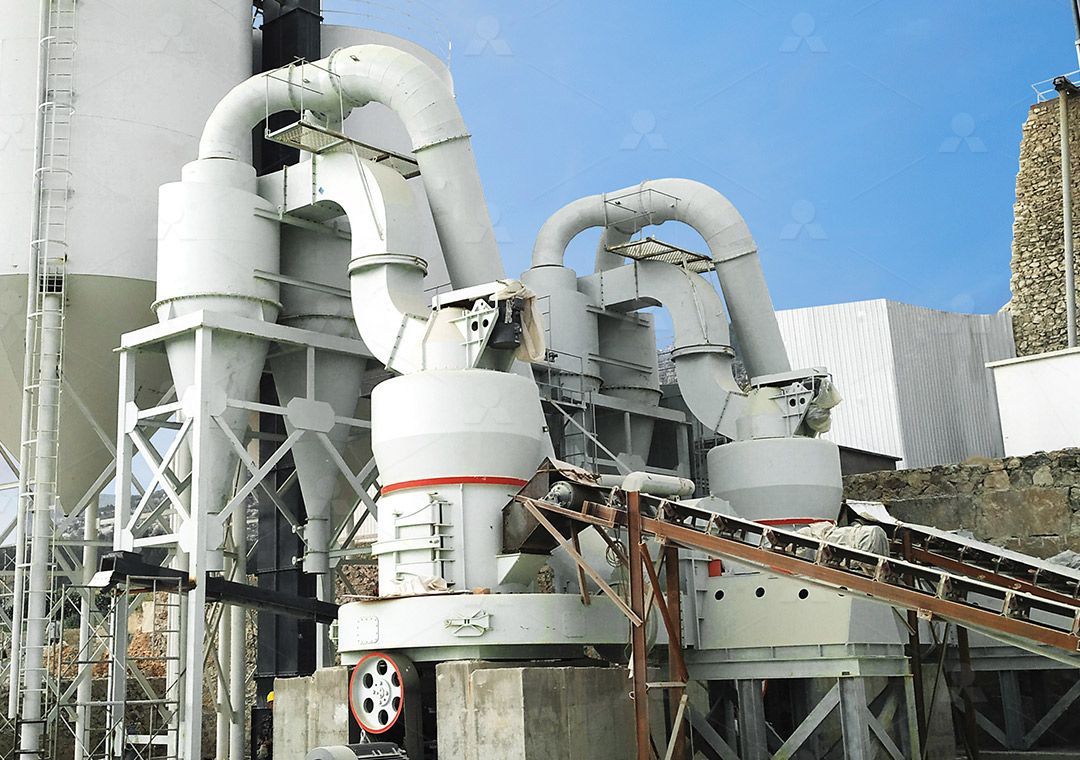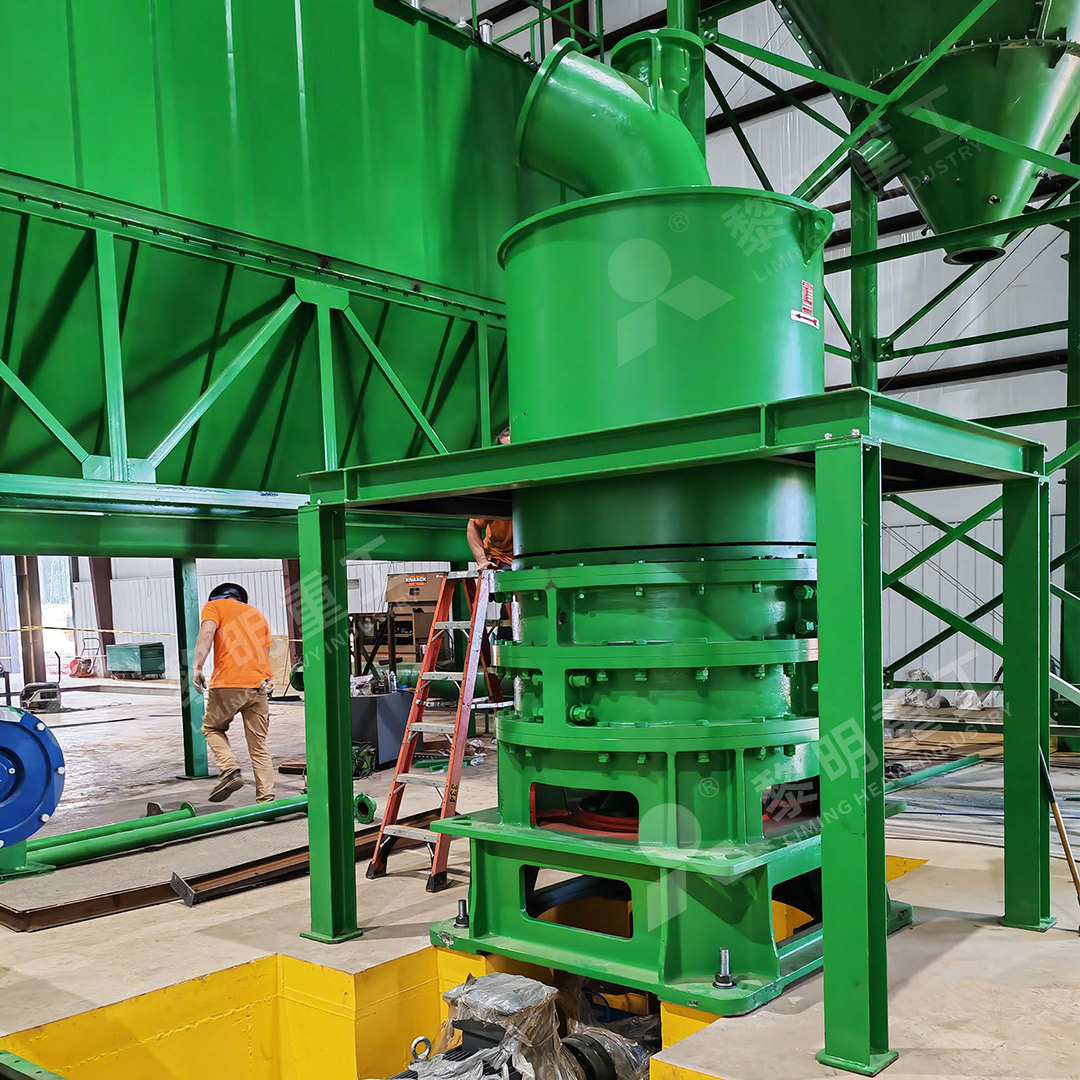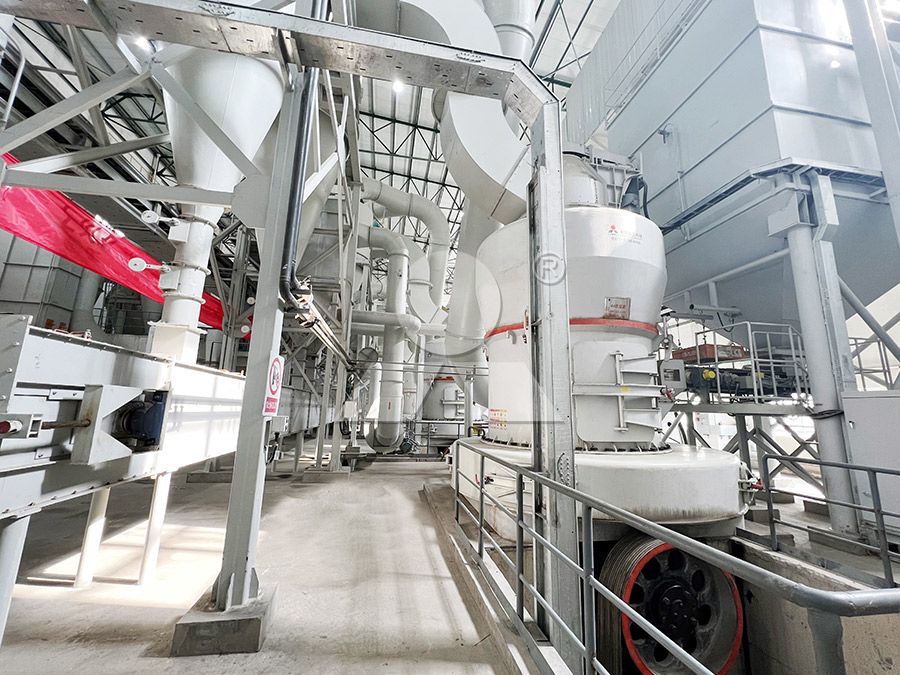Coal Gangue Vibratory Grinding Mill Production Line for Efficient Processing
Revolutionizing Coal Gangue Processing Through Advanced Grinding Technology
The mining industry faces significant challenges in processing coal gangue, a byproduct of coal mining that constitutes approximately 10-15% of raw coal output. Traditional disposal methods often lead to environmental concerns, including land occupation and potential pollution. However, modern grinding technology has transformed this waste material into valuable resources for construction materials, cement production, and other industrial applications.

Our engineering team has developed specialized vibratory grinding solutions specifically designed for coal gangue’s unique properties. The material’s variable hardness, moisture content, and composition require robust equipment capable of handling abrasive conditions while maintaining consistent output quality.
Advanced Grinding Solutions for Maximum Efficiency
When processing coal gangue, the selection of appropriate grinding equipment significantly impacts operational costs, product quality, and environmental compliance. After extensive research and field testing, we’ve identified optimal solutions for various production requirements.
For operations requiring ultra-fine powder production, our MW Ultrafine Grinding Mill represents the pinnacle of grinding technology. With an input size capacity of 0-20 mm and production rates ranging from 0.5 to 25 tph, this machine excels in transforming coal gangue into high-value fine powders. The MW series stands out for its exceptional energy efficiency, producing 40% higher capacity than jet grinding mills while consuming only 30% of the energy. Its adjustable fineness between 325-2500 meshes makes it incredibly versatile for different application requirements.

The innovative design eliminates rolling bearings and screws in the grinding chamber, addressing common failure points in traditional mills. This engineering breakthrough significantly reduces maintenance downtime and extends equipment lifespan. Furthermore, the integrated pulse dust collector ensures environmentally responsible operation by effectively containing particulate matter throughout the grinding process.
Integrated Production Line Approach
Successful coal gangue processing requires more than just a capable grinding mill—it demands a comprehensively engineered production line. Our systems integrate pre-crushing, drying, grinding, classification, and collection components into a seamless operation.
The material journey begins with primary crushing to reduce gangue to manageable sizes, followed by controlled feeding into the grinding system. Modern automation ensures consistent feed rates, preventing mill overload while maximizing throughput. The ground material then undergoes precise classification to separate particles by size, with oversize material efficiently returned for regrinding.
For operations requiring different throughput capacities or dealing with specific gangue characteristics, our LUM Ultrafine Vertical Grinding Mill offers an excellent alternative. With input size handling up to 10 mm and capacity ranging from 5-18 tph, this mill incorporates the latest grinding roller technology and German powder separating technology. Its unique roller shell and lining plate grinding curve generates material layers more effectively, enabling high finished product rates through single-pass milling.

Environmental and Economic Benefits
Modern coal gangue processing delivers substantial environmental advantages by converting waste into valuable products. The resulting fine powders serve as excellent additives in cement production, concrete manufacturing, and brick making, reducing the need for virgin materials.
From an economic perspective, efficient grinding systems transform liability into asset. The MW Ultrafine Grinding Mill’s higher yielding and lower energy consumption characteristics directly impact operational costs, while the quality of finished product commands premium market prices. Operations can achieve return on investment within surprisingly short timeframes, particularly when considering avoided waste disposal costs.
Frequently Asked Questions
What makes coal gangue particularly challenging to process?
Coal gangue varies significantly in composition, hardness, and moisture content. Its abrasive nature accelerates wear on conventional grinding equipment, while its variable properties demand flexible processing solutions capable of adapting to changing feed characteristics.
How does the MW Ultrafine Grinding Mill handle the abrasive nature of coal gangue?
The MW series incorporates specially designed wear-resistant materials in critical components and eliminates vulnerable points like rolling bearings in the grinding chamber. The absence of screws and advanced material selection significantly extends service life while reducing maintenance requirements.
What particle size distribution can be achieved with modern grinding systems?
Advanced systems like the MW Ultrafine Grinding Mill can produce powders ranging from 325 to 2500 meshes, with the capability to achieve d97≤5μm in a single pass. This fine grinding capability opens opportunities for high-value applications in various industries.
How important is dust control in coal gangue processing?
Comprehensive dust control is essential for both environmental compliance and operator safety. Our integrated systems feature efficient pulse dust collectors and noise reduction technologies that maintain workplace conditions well within regulatory standards while maximizing material recovery.
What are the primary applications for processed coal gangue powder?
Processed gangue finds applications in cement production, concrete additives, brick manufacturing, road base materials, and as fill material in construction projects. The fine powders produced by advanced grinding systems enable higher-value applications in specialized industries.
